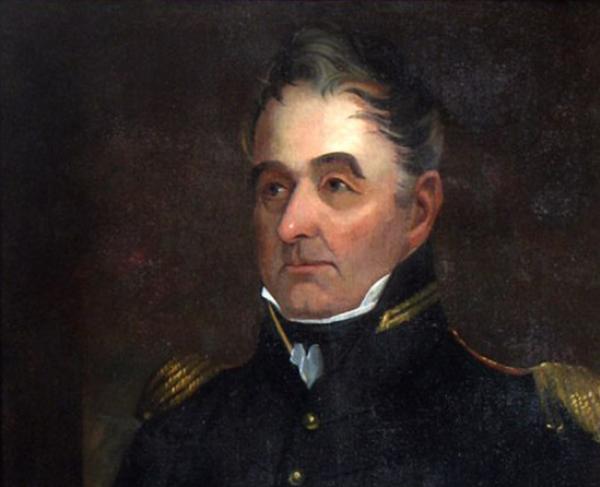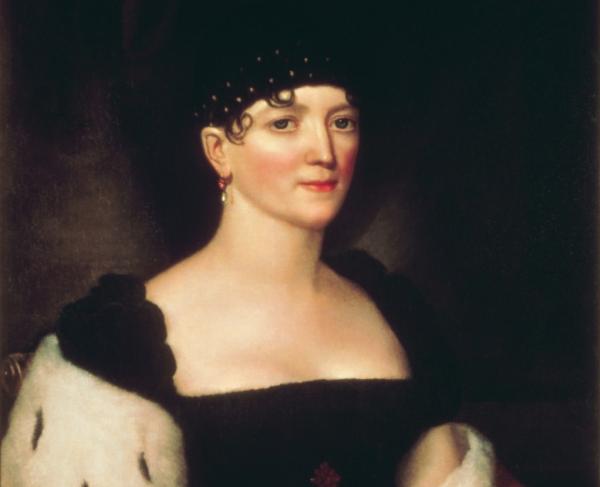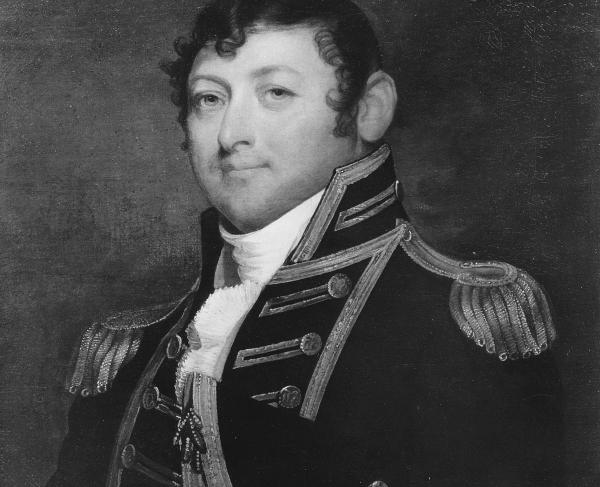James Winchester

Despite serving as an officer in the American Revolution and a brigadier general in the War of 1812, James Winchester suffered a rather disappointing military career.
His bad luck began during the American Revolution. In August of 1777, Winchester took part in General John Sullivan’s attack on the British position on Staten Island. The assault ended in disaster when a British counterattack blocked the Patriot retreat. British forces captured a wounded Winchester and several other officers. Winchester remained a prisoner of war, but upon his release, he rejoined the Patriot cause. He subsequently served in the southern theater only to be captured again during the surrender of Charleston, South Carolina. In December of 1780, he was exchanged, and now, with the elevated rank of captain, he served the remainder of the war under Nathanael Greene.
In the interim between the Revolution and the War of 1812, Winchester received a commission as a brigadier general. With the outbreak of another war, he took a post as commander of the Army of the Northwest, only to be replaced by General William Henry Harrison after much confusion as to the proper chain of command. Most likely out of some degree of resentment against Harrison, Winchester moved his force to defend Frenchtown against the orders of his commanding general. When British forces under Henry Proctor attacked Frenchtown, Winchester lost a large number of his men and ultimately surrendered. The British promised to care for and transport the American wounded but their Native American allies had another idea. On the evening of January 22nd and into January 23, Native Americans butchered the American wounded with tomahawks and burned their bodies. Word spread across the nation and Americans reacted in horror, choosing to remember the event as the “River Raisin Massacre.”
Related Battles
934
182


